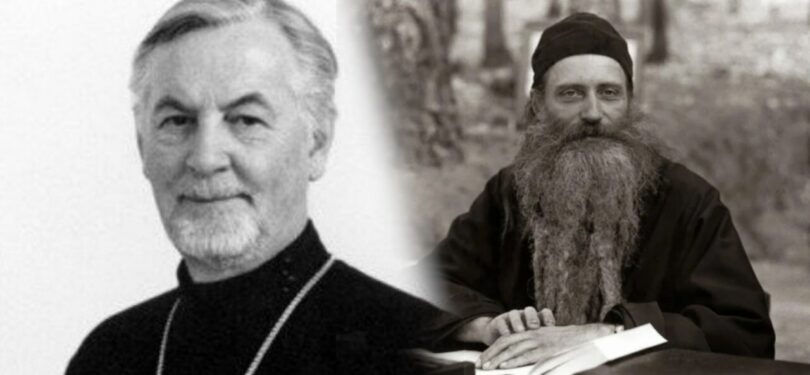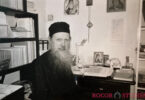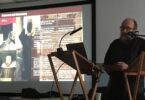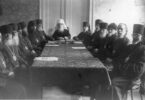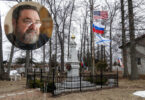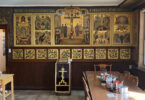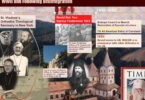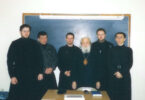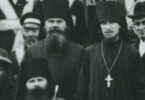The Russian Church Abroad was founded in 1920 as the Church of Russian political refugees, primarily stateless persons who had lost their homeland forever. The new Russia, the Soviet Union, was not a country they would recognize as their own. An idealized vision of Russia – the Russia of their youth and childhood, the land of Turgenev and Chekhov – has been preserved under the church roof of the Russian Church Abroad. Eugene Rose joined this Church in the early 1960s. This was the time of the bitter division between the ROCOR episcopate into the two fractions conventionally called “zealots” and “diplomats” (see more on this in our Aug. 18 report). Eugene Rose and his like-minded associate Gleb Podomoshenskii became followers of two “zealot” bishops, St. John of Shanghai and San Francisco, and Archbishop Leontii of Chile and Peru. Through conversations with the former, they adopted the idea of IOW (Independent Orthodox Workers). The goal of the two lay brothers was to share knowledge of the Russian Church Abroad with the English-speaking world. Thus, the journal Orthodox World came into being. While Archbishop John (Maximovich) supported the IOWs during his tenure as the ruling hierarch of Western America, his successor, Archbishop Antonii (Medvedev), saw things differently, pressing the lay brothers into becoming monks. In 1970, they took their vows at St. Herman of Alaska Monastery, which they founded in a remote area of Northern California.
Because of his strong background in philosophy, Fr. Seraphim naturally engaged with theology. His book The Soul After Death set in motion a discussion that engulfed Holy Trinity Monastery in Jordanville, NY; Holy Transfiguration Monastery in Brookline, MA; and recently, St. Anthony Monastery, AZ, and such theologians as Deacon Lev Puhalo, Dr. Alexander Kalomiros, and Rev. Dr. Michael Azkoul. Unfortunately, Fr. Seraphim, as one may expect from a philosopher, did not have any room in his writings for the historical-critical method. This understudied theological discussion from the 1980s about the journey of the soul after death according to the tradition of the Church is fascinating; however, to understand this debate, we need to know why it arose at this time. Why did it cause such bitter polemics? What were the primary sources’ origin and status within the Orthodox Church? However, had Fr. Seraphim attempted to answer all these questions, his writings would not have been as popular as they are. His conversation is not dissimilar to that of a Western contemporary of his, Metropolitan Kallistos (Ware), who also discovered the beauty of Orthodoxy through the Russian Church Abroad and produced the all-time bestselling English-language book about the Orthodox Church.
Relevant Links
Jesse Dominick, “A Patristic Perspective on a Crucified Mind: Fr. Seraphim Rose and the Doctrine of Creation” Historical Studies of the Russian Church Abroad.
“God Is Allowing Us to Taste the Spirit of ‘Sergianism’ So We Won’t be So Proud” (The Letters from Father Seraphim (Rose) to Father Hilarion (Kapral) Historical Studies of the Russian Church Abroad.
“A Meeting with Mary Mansur” Historical Studies of the Russian Church Abroad
“Children of an Age of Martyrs” (An interview with Fr. Herman (Podmoshenskii) Historical Studies of the Russian Church Abroad
“Leontii Filippovich Archbishop of Chile (1904-1971): A Case Study in Russian Orthodox Non-Conformity” Historical Studies of the Russian Church Abroad

